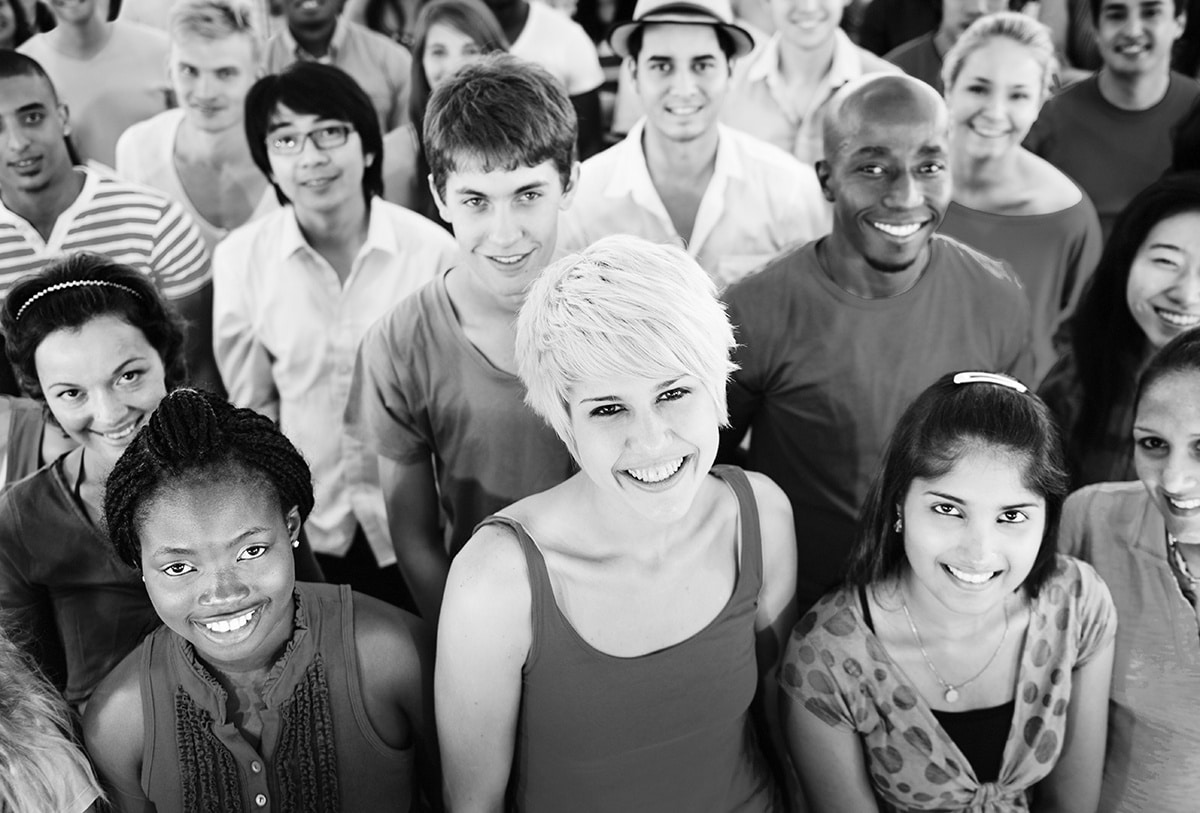Discrimination has been an age-old problem faced by humanity. Despite efforts to address it, the issue still persists, manifesting itself in different forms and affecting various sectors of society. Discrimination is a violation of human rights and a hurdle in achieving a just and equitable society. In this article, we explore why discrimination is a problem that needs to be addressed and the different ways we can stand against injustice.
What is Discrimination?
Discrimination is the act of treating someone unfairly because of their personal characteristics, such as their race, gender, nationality, religion or marital status. Discrimination takes various forms, including exclusion, harassment, and unequal treatment. It is a systemic issue that affects individuals and communities, leading to inequalities and social injustices.
Discrimination in Society
Discrimination can occur in different areas of society, including education, healthcare, employment, and housing. In education, discrimination can take the form of unequal access to opportunities, differential treatment in the classroom, and negative stereotyping. Similarly, in healthcare, individuals can face discrimination in the form of unequal treatment, stigmatization, and lack of access to quality care. Employment discrimination is also a pervasive issue, where people may face bias based on their age, gender, and ethnicity, among other factors. This can lead to unequal pay, fewer opportunities for advancement, and less job security. Housing discrimination is also a problem that is experienced by many people, with individuals being denied access to housing based on their race, gender, and ethnicity.
Why We Must Stand Against Injustice
Firstly, discrimination violates human rights. Every individual has the right to be treated with dignity and respect, regardless of their personal characteristics. Discrimination denies people equal opportunities to reach their full potential, which is a fundamental human right.
Secondly, discrimination creates social inequalities. When individuals and groups are discriminated against, they are denied access to economic, social, and cultural resources, leading to disparities in income, education, and health outcomes. Discrimination creates a disadvantaged group in society, oppressed and excluded from participating fully in political, social, and economic spheres.
Thirdly, discrimination undermines social cohesion. A just and equitable society requires that all people feel valued and appreciated, and have their fundamental rights respected. When discrimination occurs, it breeds resentment, distrust and can lead to social tensions and conflicts. People may feel that they are being unfairly treated, leading to a breakdown in social harmony.
Ways to Stand Against Discrimination
There are different ways we can stand against discrimination. These include:
1. Speak up: Speaking out against discrimination is the first step in addressing the issue. It is essential to have open and honest conversations about discrimination and its effects on individuals and communities. People should be encouraged to speak out against discrimination and report cases of harassment and unequal treatment.
2. Educate: Education is a powerful tool that can help to reduce discrimination. Schools, workplaces and communities can provide education on the harms of discrimination and promote diversity and inclusion. This can help to create an environment where people from different backgrounds are respected and appreciated.
3. Advocate for Policy Change: Governments, civil society organizations and other stakeholders play a crucial role in addressing discrimination. Advocating for policy change that promotes diversity and inclusion can lead to a more just and equitable society. Political and social leaders should stand up against discrimination, promote equal rights and opportunities for all citizens, and enforce laws that protect people from discrimination.
4. Support Affected Communities: Discrimination affects individuals and communities on a personal and systemic level. Supporting affected communities and providing resources such as counseling, mentoring, and legal representation can help to address the issue and promote social justice.
5. Practice Inclusion: Individuals and organizations should strive to create inclusive environments, where all people feel valued and respected. This means promoting diversity and accepting people from different backgrounds, cultures, and experiences.
A Call to Action
The problem of discrimination is too widespread to be ignored. It is a violation of human rights, creates social inequalities and undermines social cohesion. To address the issue, we need to stand up against discrimination. This means speaking up, educating, advocating for policy change, supporting affected communities, and promoting inclusion.
It is essential to realize that standing up against discrimination is not just the responsibility of governments or civil society organizations. It is the responsibility of every individual to fight against discrimination and promote justice and equality for all people. Those in positions of power and influence should take the lead in standing against discrimination.
Conclusion
Discrimination is a problem that affects individuals and communities worldwide. It is a violation of human rights and creates social inequalities. To address the issue, we need to take collective action to support affected communities, advocate for policy change, educate others, practice inclusion and most importantly stand up against discrimination when we see it happening. We must all play our part in ending discrimination and creating a just and equitable society.

Deja una respuesta